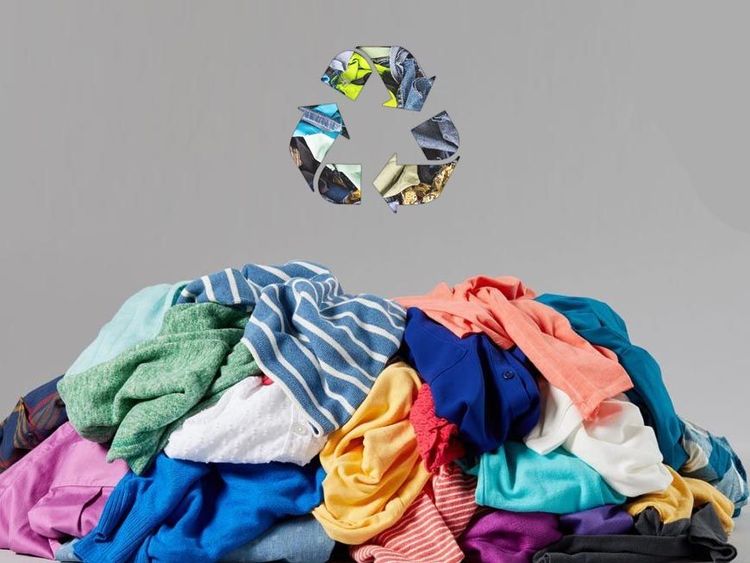Siding with environmental group Environmental Action Germany (DUH) in a greenwashing lawsuit, a German court has banned Adidas from advertising its climate neutrality plans in their current form.
Issued by the Nuremberg-Fürth Regional Court on March 25, 2025, the order prevents Adidas from claiming it will be ‘climate neutral by 2050.’ According to the court, Adidas misled consumers by not providing specific details on how it would achieve this goal beyond 2030, particularly regarding the potential use of carbon offsets. The court also stated, the term ‘climate neutral’ is unclear and Adidas should have provided a clear definition in its advertising to avoid confusing consumers.
Jürgen Resch, Federal Director, DUH, stated, Adidas had ‘deceived its customers’ with its climate neutrality promise. He emphasized, the crucial factor is the extent to which a company genuinely aligns its products and operations with greater climate sustainability. Resch opines, the court's decision highlights the need for clear and transparent future promises.
Adidas has the option to appeal the judgment. However, according to a company spokesperson, the ruling doesn't necessitate any immediate action, as it pertains to specific wording on their website that was already updated in August 2024. The company’s emissions reduction plans and targets remain unchanged, the spokesperson stated. Their climate goals were reviewed and validated by the Science Based Targets initiative and that Adidas received a top ‘A’ grade from the Carbon Disclosure Project (CDP) in February 2025 for its climate program, he added. Adidas also registered 20 per cent reduction in absolute emissions, including its supply chain, since 2022, the spokesperson noted.
Adidas' website states, the company’s primary goal is to achieve net-zero emissions by 2050, following SBTi guidelines to align with a 1.5°C warming pathway. Their 2030 targets include a 70 per cent reduction in Scope 1 and 2 emissions and a 43 per cent reduction in Scope 3 emissions. Their 2024 annual report indicated achieved reductions of 17 per cent in Scope 1 and 2, 20 per cent in Scope 3, 5.3 per cent in carbon intensity, and 20 per cent across all three scopes.
The lawsuit raises concerns about the use and transparency of carbon offsets, which are tradeable certificates representing greenhouse gas emission reductions. While they can come from projects like reforestation and renewable energy, the market lacks universal standards for verification, leading to potential issues like double-selling or ineffective offsetting. Critics also argue that carbon credits can distract from the need for direct emissions reductions.
This case aligns with a growing trend of legal challenges against companies' environmental claims. Notably, Apple is facing a lawsuit in California over its ‘carbon neutral’ Apple Watch claims, citing concerns about the legitimacy of some offsetting projects. In March 2024, a Dutch court ruled against KLM airline's sustainability advertising, deeming claims about its offsetting products misleading under EU consumer law. These cases underscore the increasing scrutiny of corporate environmental messaging and the demand for verifiable and transparent climate action.












